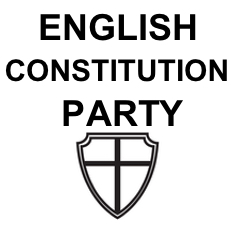Separation of powers and why it is so important. Isaiah 33:22 “For the LORD is our judge; the LORD is our lawgiver; the LORD is our king; he will save us.”
What is Separation of powers ? Why is it important? Where did it come from? Who or what put it in place? When was it put in place?
First we need to define power and separation. Power is anything that has some control over you, your liberty, your life. Separation is ensuring there is no conflict of interest between the person holding the power and the person that the power is being used against.
Separating the functions of power. One example of the English Maxim – You cannot be a judge in your own cause. You cannot be Judge, Jury and executioner. If a judge was seen to be biased because of opinions of the past or membership of an organisation, or entrenched views. There does not need to be actual direct evidence of bias, only the perception is enough to undermine the publics confidence in Justice. There is a test for this.
“
Nemo iudex in causa sua
Latin for “no one should be a judge in their own cause”. It is one of the cardinal rules of natural justice that no one should act as a judge a case in which they have a personal (vested) interest.
Judges who find themselves in such a situation ought to recuse themselves, ie step aside and allow the case to be transferred to a different judge.”
This English maxim is applied to any source of power. Including Parliament, The Crown, Judiciary.

Outstanding!